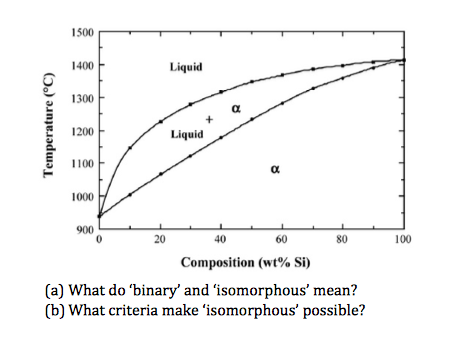
isomorphous [ahy-suh-mawr-fuh s] ExamplesWord Origin adjective Chemistry, Crystallography.
- (of a compound or mineral) capable of crystallizing in a form similar to that of another compound or mineral, used especially of substances so closely related that they form end members of a series of solid solutions.
Origin of isomorphous First recorded in 1820–30; iso- + -morphous Examples from the Web for isomorphous Historical Examples of isomorphous
Isomorphous: having the same form, appearance or construction.
Explanation of Terms Used in Entomology
John. B. Smith
The alkaline perchlorates are isomorphous with the permanganates.
Encyclopaedia Britannica, 11th Edition, Volume 6, Slice 3
Various
Its salts are isomorphous with those of alumina and sesquioxide of iron.
Scientific American Supplement, No. 401, September 8, 1883
Various
The seleniates are also very similar in properties to the sulphates, and both classes of salts are isomorphous.
Cooley’s Practical Receipts, Volume II
Arnold Cooley
It is not isomorphous with the orthorhombic barium and strontium sulphates, as might be expected from the chemical formulae.
Encyclopaedia Britannica, 11th Edition, Volume 2, Part 1, Slice 1
Various
 Liberal Dictionary English Dictionary
Liberal Dictionary English Dictionary